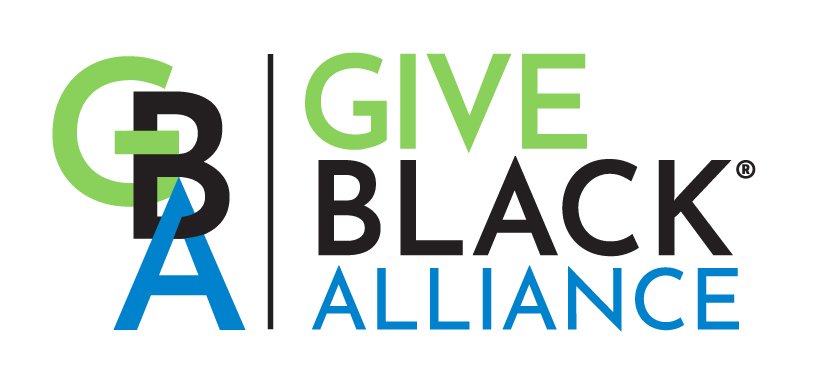Closing the Gap Between Juneteenth and Today
As we approach Juneteenth, a significant day in our nation's history commemorating the end of slavery, we wanted to take a moment to acknowledge its importance and share some relevant legislative updates.
Juneteenth, celebrated on June 19, marks the day in 1865 when the last enslaved African Americans in Galveston, Texas, were informed of their freedom, two and a half years after President Lincoln's Emancipation Proclamation. This day serves as a poignant reminder of our country's complex history and the continuing journey toward racial equity and equality.
We actualize this history by bringing to your attention current legislation introduced by Representative Cori Bush (D-MO 1st District). This bill calls for several measures to address the long-lasting effects of slavery and discrimination, including a minimum of $14 trillion in federal reparations to Black Americans.
The bill explores the history of enslaved Africans dating back to 1565 and acknowledges that many of the early presidents of the U.S. enslaved Black people. It emphasizes the moral and legal obligation of the United States to provide redress for the long reach of slavery.
The Reparations Now Resolution seeks to advance federal reparations and support existing reparatory justice efforts such as H.R. 40 and H. Con. Res. 44. It argues that the federal government must compensate descendants of enslaved Black people and people of African descent in the United States for the harms of chattel slavery, the cumulative damages of enslavement, and the epochs of legal and de facto segregation. In addition, it provides further momentum to reparations efforts at the state and local levels.
For those who wish to learn more about how this bill impacts you and your local community, please get in touch with your local representative. The official U.S. House of Representatives website (www.house.gov) provides contact information for all representatives, making it easy to find and reach out to your local representative.
Just remembering Juneteenth is not enough. We need to close the gap by repairing the damages committed as a result of slavery. Let us march on together, actively engaged in the work that remains to be done for racial justice.
Best Regards,
Bithiah Carter
